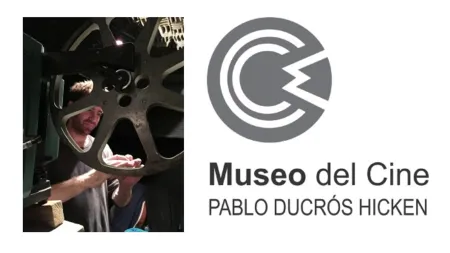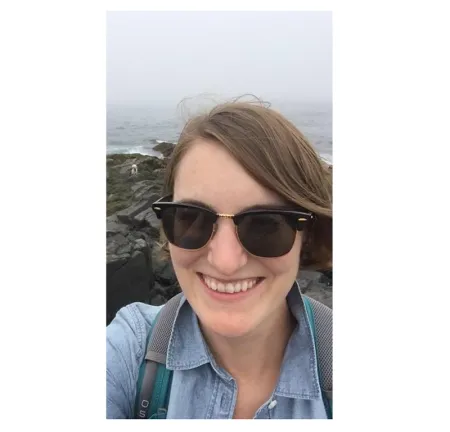To share one of the (many) transformative events from my time with FLEFF, from the 2019 festival themed around “Disruptions,” I must disrupt the story with a little flashback.
In the fall of 2010, as I began my PhD program at the University of St Andrews in Scotland, I struggled with how to begin (a common problem in any writing situation!) my dissertation on the global western.
After talking with one of my mentors, he passed along a DVD filled with various early “westerns” from around the world, encouraging me to see if any of them inspired a starting point.
As I narrowed my focus, I kept returning to an obscure Argentinean film: EL ULTIMO MALON (1918). The construction of the film, which features a history lesson by the filmmaker, riveting reenactments, and a melodramatic ending, was unlike any of the other films I was considering.
The film recounts a 1904 raid on a settler town in Santa Fé, Argentina by the Mocovi people. The only film made by journalist, lawyer, politician and professor Alcides Greca features Mocovi non-actors reenacting events of the recent past.
It is a western in many ways. The battle between the indigenous people and the settlers who have stolen their land would be familiar to contemporary viewers. But in an inversion of the US Western formula, it focuses on the perspective of the Mocovi. Intrigued, I began digging into the film and my PhD project found its beginning.

